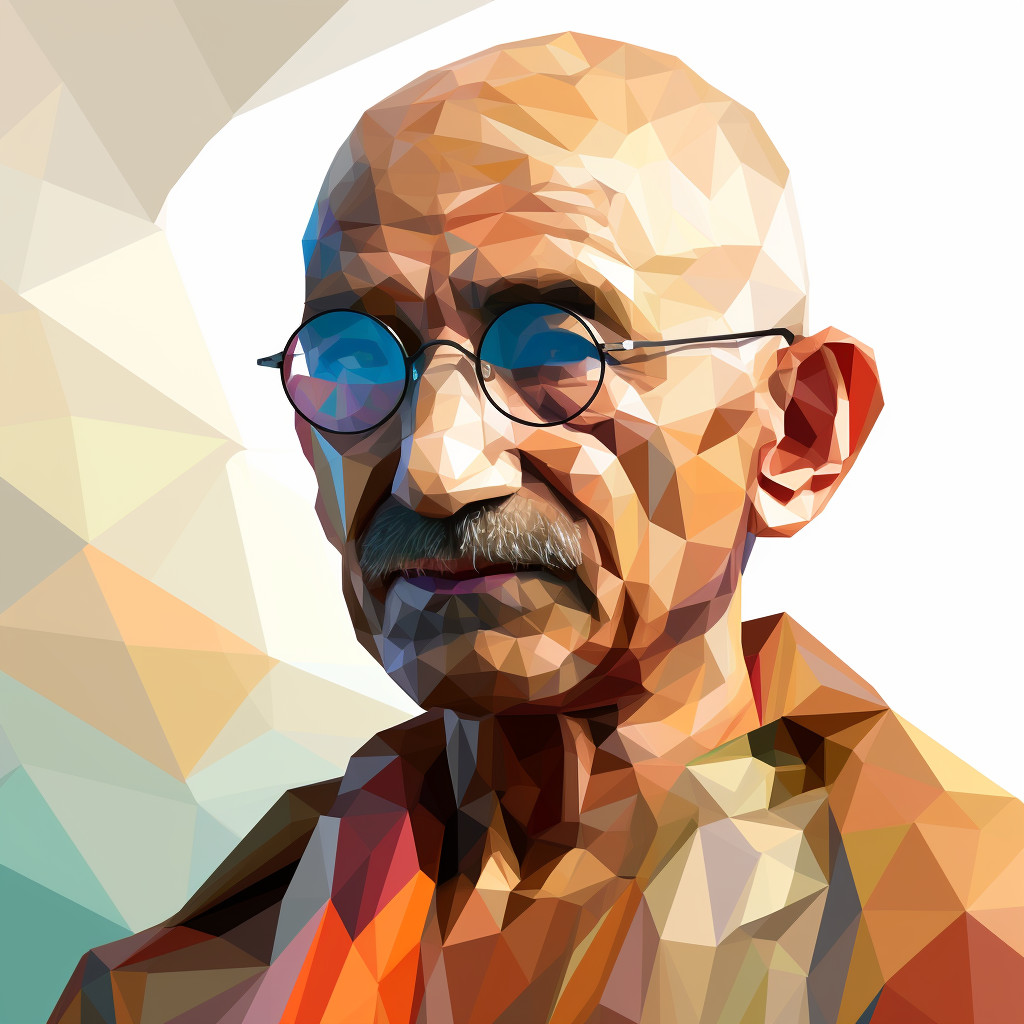'Peasants' Quotes
Peasants Quotes’ refer to a collection of sayings and proverbs that reflect the wisdom and experiences of the common people, particularly those who lived in rural areas and worked as farmers or laborers. These quotes often highlight the resilience, hard work, and simplicity of the peasant life…Read More
Peasants Quotes’ refer to a collection of sayings and proverbs that reflect the wisdom and experiences of the common people, particularly those who lived in rural areas and worked as farmers or laborers. These quotes often highlight the resilience, hard work, and simplicity of the peasant lifestyle, and have been a source of inspiration for individuals and society throughout history. They offer a glimpse into the struggles and triumphs of the working class, and have been used by famous figures such as Mahatma Gandhi and Leo Tolstoy to advocate for social justice and equality. Even today, ‘Peasants Quotes’ continue to resonate with people, reminding us of the value of hard work, humility, and community.Read Less
Peasants Quotes’ refer to a collection of sayings and proverbs that reflect the wisdom and experiences of the common people, particularly those who lived in rural areas and worked as farmers or laborers. These quotes often highlight the resilience, hard work, and simplicity of the peasant lifestyle, and have been a source of inspiration for individuals and society throughout history. They offer a glimpse into the struggles and triumphs of the working class, and have been used by famous figures such as Mahatma Gandhi and Leo Tolstoy to advocate for social justice and equality. Even today, ‘Peasants Quotes’ continue to resonate with people, reminding us of the value of hard work, humility, and community.
10 Notable 'Peasants' Quotations and Sayings
Peasants – Symbolic Value
Peasants, often referred to as the working class or the common people, hold a significant symbolic value in various cultures and societies. They represent the backbone of a nation, the hardworking individuals who toil day and night to sustain their families and communities. The concept of peasants has been portrayed in literature, art, and media, highlighting their struggles, resilience, and contributions to society. Let us delve deeper into the cultural and historical significance of peasants and their portrayal in different contexts.
Peasants – Cultural and Historical Significance
The term “peasant” originated from the Latin word “pagus,” meaning a rural district. In medieval Europe, peasants were the majority of the population, living and working on the land owned by the nobility. They were considered the lowest social class, with limited rights and opportunities. However, their labor was crucial for the survival of the feudal system. Peasants were responsible for producing food, clothing, and other essential goods for the ruling class, making them an integral part of the economy.Throughout history, peasants have played a significant role in shaping societies and cultures. In ancient civilizations, such as Egypt and Mesopotamia, peasants were responsible for building monumental structures and producing food for the ruling elite. In China, peasants were considered the backbone of the country, with Confucianism emphasizing the importance of agriculture and hard work. In India, the caste system placed peasants at the bottom of the social hierarchy, but they were still revered for their contributions to society.
Peasants – Common Themes in Motivational Contexts
The concept of peasants has been used in various motivational contexts, emphasizing their determination, resilience, and hard work. The phrase “peasant mentality” is often used to describe individuals who are hardworking, frugal, and resourceful. This mentality is seen as a positive trait, as it promotes self-sufficiency and perseverance in the face of adversity. Peasants are also portrayed as individuals who are content with their simple way of life and find joy in the little things, inspiring others to appreciate the simple pleasures in life.
Peasants – Portrayal in Art and Media
Peasants have been a popular subject in art and media, with their struggles and way of life depicted in various forms. In literature, authors such as Leo Tolstoy and Thomas Hardy have written about the harsh realities of peasant life, highlighting their poverty, oppression, and resilience. In art, painters like Jean-Francois Millet and Vincent van Gogh have captured the beauty and struggles of peasant life through their paintings. In modern media, peasants are often portrayed as hardworking and humble individuals, with their stories serving as a source of inspiration for others.
Peasants – Impact on Understanding of Life and Society
The concept of peasants has had a significant impact on our understanding of life and society. They represent the working class, who are often overlooked and undervalued, but play a crucial role in sustaining the economy and society. Peasants also remind us of the importance of hard work, resilience, and contentment, values that are often overshadowed in today’s fast-paced world. Their portrayal in art and media has shed light on their struggles and contributions, promoting empathy and understanding towards the working class.In conclusion, the concept of peasants holds a deep symbolic value in various cultures and societies. They have played a significant role in shaping history and continue to inspire us with their determination and resilience. Peasants serve as a reminder of the importance of hard work, contentment, and appreciation for the simple things in life. Their portrayal in art and media has helped us understand their struggles and contributions, promoting empathy and understanding towards the working class.















